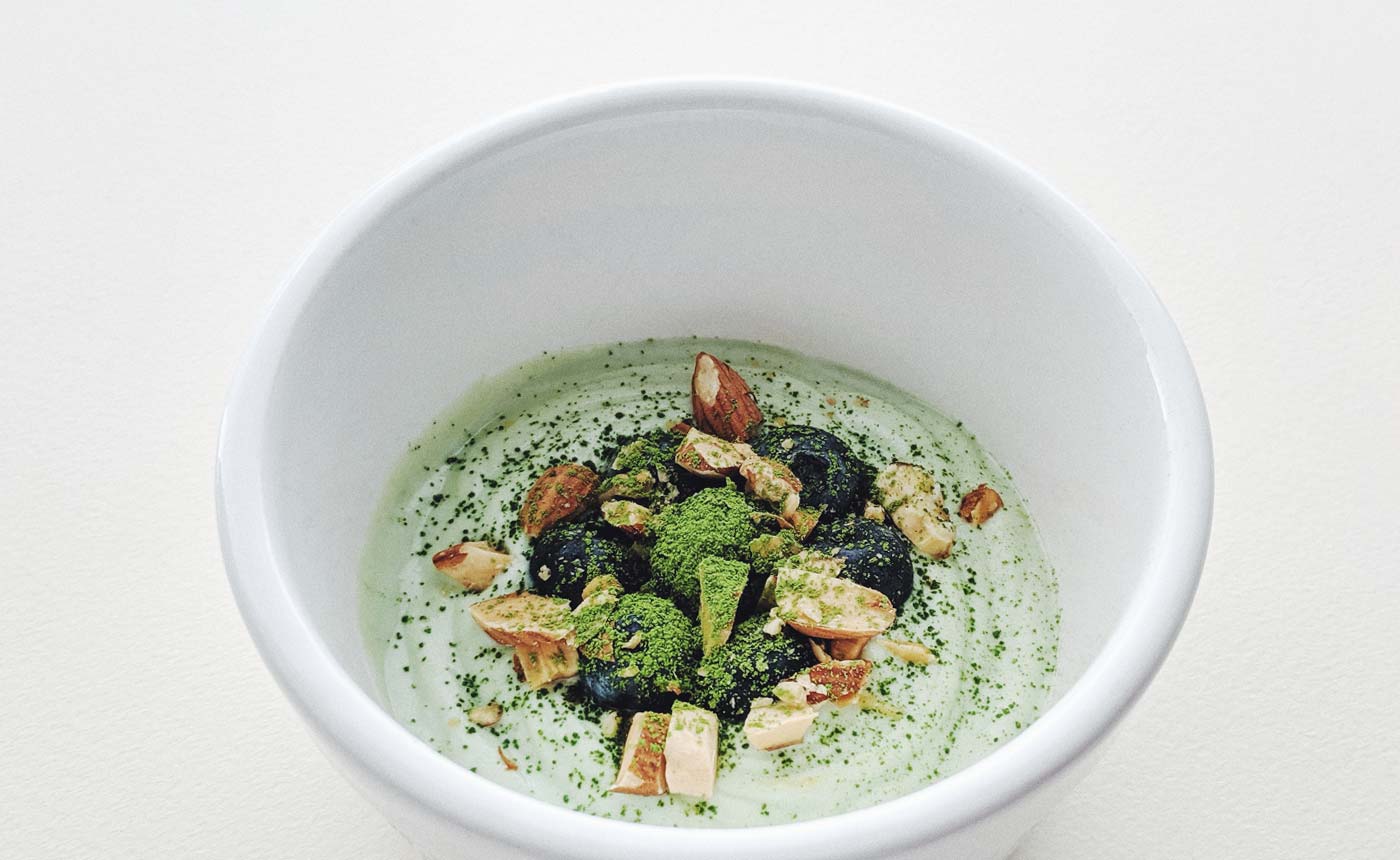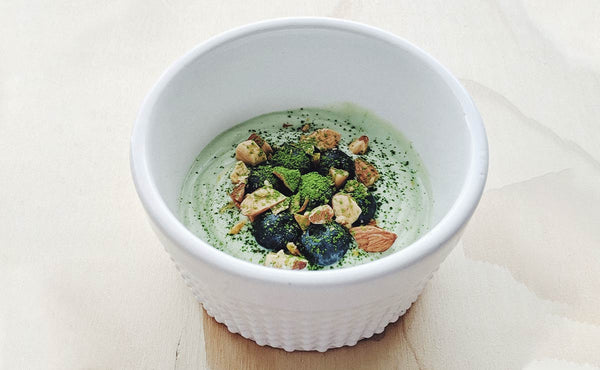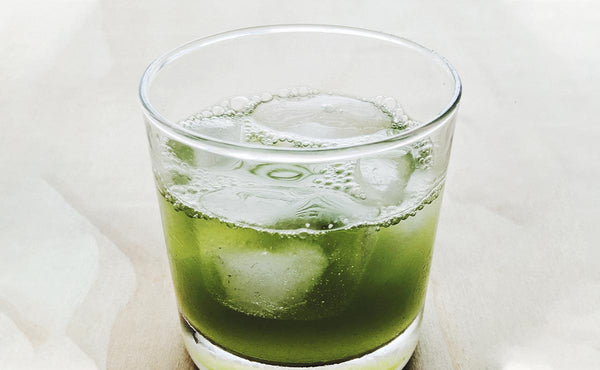
Consumer awareness of digestive wellness is leading a shifting trend in the food and beverage market. Having a “healthy gut” is now a major need. According to a press release published by Newswire, up to 74% of Americans live with digestive symptoms like constipation, diarrhea, gas, bloating, or abdominal pain. No wonder food manufacturers and suppliers are exploring and developing a new generation of functional foods and beverages that include probiotics for the stomach as a main ingredient! Probiotic green tea is just one of these many new products hitting the market today.
Fermented food and beverages rich in probiotics and targeted to promote gut health are the new categories to watch. Predictions from Food Dive, a food industry analyst, suggest that probiotics for the stomach, alone, will reach a $50 billion market by 2020. “Insanely busy” were the words that Michael Bush, executive director at Kerry for GanedenBC30, used to describe the growth in the sector. According to some food business experts, like the consultancy New Nutrition Business and The KrogerCo. based in Cincinnati, gut-healthy foods are among the five leading trends this year.
Whole Foods lists probiotics as its top 10 predicted food trends, and retailers like Targetare extending their inventory to new shelf-stable probiotic strains beyond the yogurt aisle with products like cereals, granola, probiotic waters, and probiotic green teas packed with billions of this healthy bacterium. Recently, Kellogg’s launched its new product called HI! (Happy Inside) that includes probiotics, prebiotics, and fiber: the “perfect trifecta” for a healthy gut!

Everybody talks about the important role of probiotics for stomach and immune health, but do we really know what they are? Different polls have shown that only 29% of the consumers know about probiotics but only half of those are familiar with probiotics partner-in-crime, prebiotics.
Probiotics are good bacteria, meaning they are live bacteria and yeast found in many foods that help protect your gut from harmful bacteria or fungi. Prebiotics are the fiber that feeds this “friendly” bacteria. Oats, bananas, leeks, garlic, and onions are a great source of fiber prebiotics.
It is important to know that there are different types of probiotics, and they all have different benefits. Lactobacillus and bifidobacterium, frequently found in yogurts and dairy products, may help relieve symptoms of irritable bowel syndrome (IBS). An extensive body of research also supports the idea that both probiotics and prebiotics are linked to our emotional state and our reaction to stress and anxiety.

Different companies have joined the healthy gut trend by combining traditional foods rich in probiotics for the stomach, such as sauerkraut, kimchi, kombucha, and kefir with other superfoods, like matcha, to increase results and enrich digestive health. Such is the case of matcha kombucha or the organic matcha kefir by Lifeway that brings billions of probiotics in 12 different cultures.
The combo of probiotics with green tea is gaining popularity for its multiple health benefits and its versatility to be combined with almost everything from delicious foods and drinks to matcha skincare products and supplements. Matchabiotics is a matcha green tea probiotic supplement that contains a mix of antioxidants, caffeine, L-theanine, and a broad-spectrum blend of friendly bacteria for a healthy immune system and balanced digestion. Terra Origin is a flavored matcha powder mix (with both probiotics and collagen) that can easily be added to smoothies, cereal, or yogurt. Probiotic matcha green tea blends, like Organic Traditions matcha latte mix, can now be found in popular health food retailers like Thrive Market. There seems to be a product for every need and this means good news for health-conscious matcha lovers everywhere.